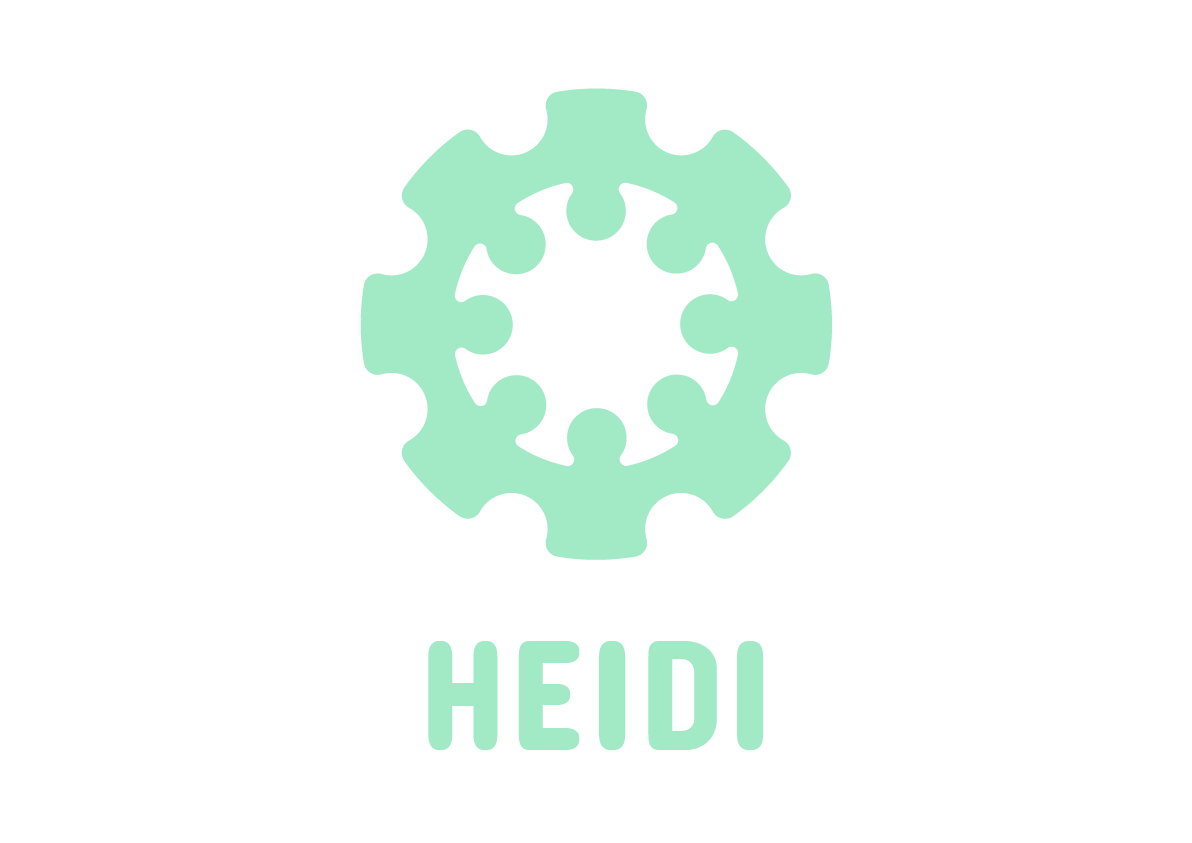Citizen Science Training at UCL: Citizen Science Training for Practitioners

As part of HEIDI’s commitment to upskilling HEI staff and students, and also interested community members, we ran a series of short (30-45 minute) webinars on some aspect of creating and running a citizen science project. These webinars were run by Alice Sheppard, UCL’s Community Manager.
We grouped several of these topics into pairs, so that people could easily attend one or both, and had a short break in between.
Two of these topics which fitted together nicely were “Citizen Science Training for Practitioners” and “Engagement, Communication and Feedback with Citizen Scientists”. These are both aimed at HEI staff members, students or community members thinking of setting up a citizen science project.
For the first, “Citizen Science Training for Practitioners”, Alice showed some examples of citizen science projects to give ideas of its huge scope in topic, task type, style and leadership (i.e. who had initiated the project). She gave some examples of what types of science the public can get involved in, and invited participants to paste their thoughts such as “What makes a good project?” and “What are your main worries about starting a project?” on a Padlet. This allowed everyone attending to record what interested them, be stimulated by each other’s thoughts, and to direct the end of Alice’s webinar, in which the audience could help choose what to focus on.
The webinar next looked at the motivations of citizen scientists – why they would want to be involved in a project – which is worth taking into consideration before you start. However, citizen science projects are almost always interesting to some audience! We concluded with some examples of platforms in existence (such as Zooniverse and SciStarter) on which anyone can set up a project (though they won’t necessarily be featured on the platform’s home page), further resources such as UCL or eu-citizen.science training courses, and an opportunity for open discussion. Participants wrote that their concerns about starting a project involved technical know-how, what to do with data, accessibility and catering to a wide range of abilities, and not making the project too overwhelming.
We then held a 15 minute break before the next webinar, “Engagement, Communication and Feedback with Citizen Scientists”. You can read about this here.

